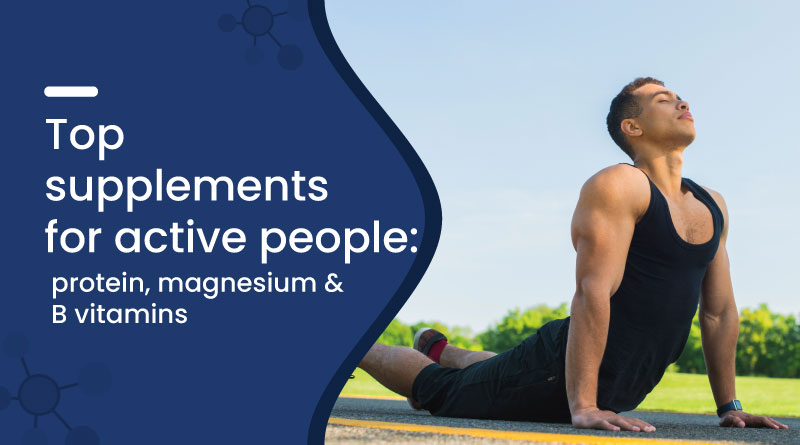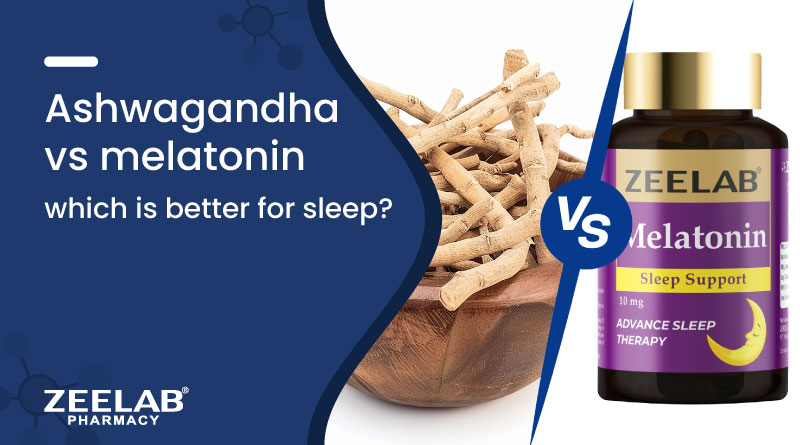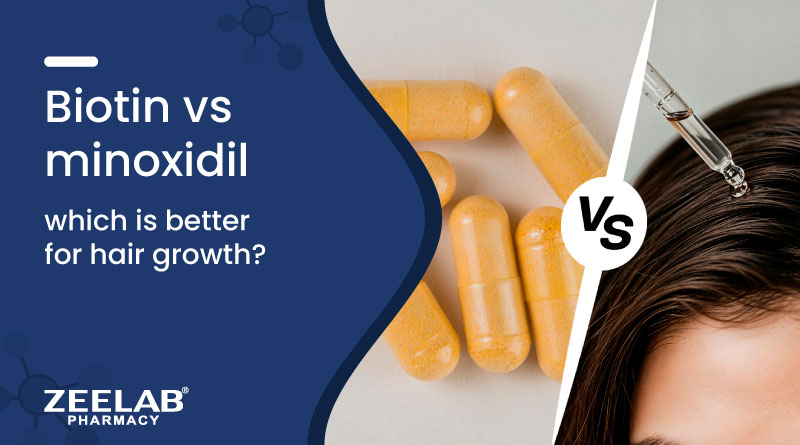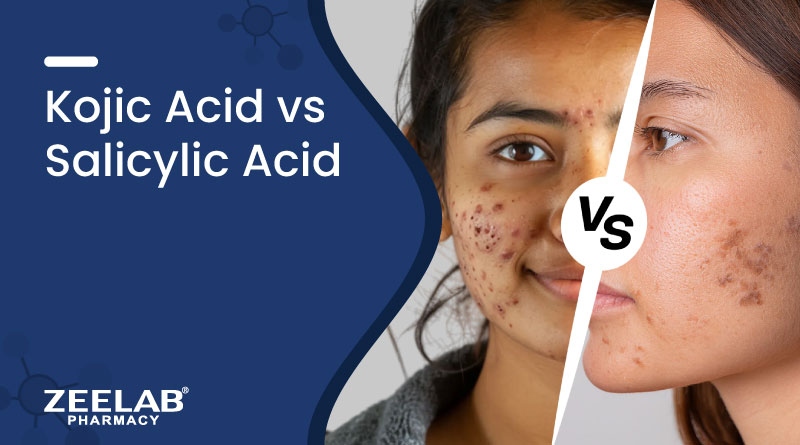Top Supplements for Athletes – Boost Performance & Recovery


Staying active demands more than just dedication and training—it requires proper nutrition too. The top supplements for active people like protein, magnesium, and B vitamins play a vital role in energy production, muscle recovery, and overall performance. In this blog, we’ll explore why these supplements are essential and how they support an active lifestyle.
Why Is Protein Important for Active People?
Protein is the building block of muscles. For those who work out regularly, it helps repair muscle tissue, support lean muscle growth, and improve recovery after intense physical activity. Whether you’re lifting weights, running, or doing yoga, your body breaks down muscle fibers, and protein helps rebuild them stronger.
- Supports muscle recovery and growth
- Helps reduce soreness after workouts
- Aids in weight management by promoting satiety
Sources of protein include chicken, fish, dairy, eggs, legumes, and plant-based protein powders.
How Does Magnesium Benefit Active Individuals?
Magnesium supports over 300 vital body functions. For active people, magnesium helps reduce muscle cramps, supports energy production, and improves sleep quality—essential for recovery.
- Reduces muscle fatigue and cramps
- Supports nerve and muscle function
- Improves sleep for better recovery
When you're active, you may lose magnesium through sweat, making supplementation even more important.
Why Do B Vitamins Matter for Active Lifestyles?
B vitamins—especially B1 (thiamine), B2 (riboflavin), B6, B9 (folate), and B12—are critical for converting the food you eat into usable energy. They also help in red blood cell formation and brain function, which are vital for endurance, focus, and overall vitality.
- Enhances energy metabolism
- Reduces fatigue and improves mood
- Supports a healthy nervous system and cognitive performance
People with high physical demands often need more B vitamins to sustain energy and focus throughout the day.
When Should Active People Take Protein, Magnesium, and B Vitamins?
Timing matters. For best results:
- Protein: Take post-workout within 30–60 minutes to support muscle recovery.
- Magnesium: Consume in the evening to promote better sleep and muscle relaxation.
- B vitamins: Best taken in the morning for energy.
Can Diet Alone Provide Enough of These Nutrients for Active People?
While a balanced diet is the foundation of good health, active individuals may have higher nutrient needs. Exercise raises the need for energy and nutrients. In some cases, food alone might not be enough—especially if there are dietary restrictions, intense training schedules, or higher stress levels.
Supplementation fills these nutritional gaps, ensuring consistent performance and recovery.
What Are the Signs You May Need These Supplements?
If you’re active and notice any of the following symptoms, it may be time to consider supplementing:
- Muscle soreness that lingers too long
- Frequent fatigue or low energy
- Sleep issues or night cramps
- Poor workout recovery
- Brain fog or difficulty concentrating
These are often subtle signs of nutrient deficiencies.
How to Choose the Right Supplement for an Active Lifestyle?
When selecting supplements:
- Look for clean labels with minimal additives
- Choose bioavailable forms like whey isolate for protein, magnesium citrate, and methylated B vitamins
- Match supplements with your fitness goals—muscle building, endurance, or general wellness
- Avoid megadoses unless prescribed by a healthcare professional
Consistency and quality matter more than quantity.
Can Taking All Three—Protein, Magnesium, and B Vitamins—Benefit Performance?
Absolutely. Together, they form a synergistic trio:
- Protein repairs and builds muscles
- Magnesium aids relaxation and recovery
- B vitamins energize your body from the cellular level
Using all three in the right amounts can lead to better stamina, faster recovery, and improved overall performance.
Frequently Asked Questions
Q. Can I take protein, magnesium, and B vitamins together?
A. Yes, they can be taken together. They support different functions and do not interact negatively.
Q. What type of protein is best for active people?
A. Whey protein is popular for quick absorption, but plant-based proteins are a good alternative for vegans.
Q. How much magnesium should active adults take daily?
A. Most adults need 300–400 mg daily, but active individuals might require more due to sweat loss.
Q. Can B vitamins cause side effects?
A. B vitamins are water-soluble. Excess usually leaves the body via urine, but high doses of B6 or B3 can sometimes cause mild side effects.
Q. Is it safe to take these supplements daily?
A. Yes, if taken as directed. Consult your doctor first.
Conclusion
Maintaining an active lifestyle requires more than exercise—it demands smart nutrition. The top supplements for active people—protein, magnesium, and B vitamins—play a powerful role in boosting energy, enhancing performance, and speeding up recovery. By adding these nutrients to your routine, you can train harder, recover faster, and stay healthier in the long run.
Stay consistent. Stay strong. Fuel your performance the right way.
Recent Blogs
Disclaimer : Zeelab Pharmacy provides health information for knowledge only. Do not self-medicate. Always consult a qualified doctor before starting, stopping, or changing any medicine or treatment.
















 Added!
Added!